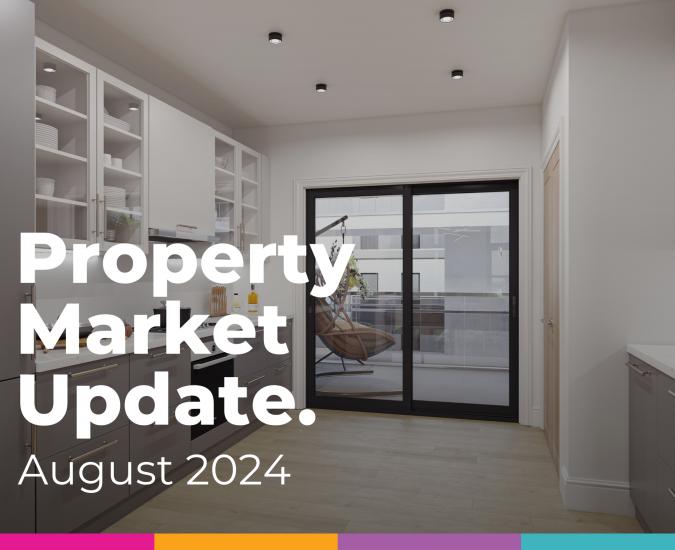What Does A No-Deal Brexit Mean For The UK Property Market?
Last updated 15th February 2019 • Ethan Mathews • JaeVee
Unless you have recently arrived on earth from another planet, no matter how hard you may have tried to avoid it, Brexit will already have permeated into your daily life as both a topic of discussion and as an increasingly niggling feeling of unease.
The business and investment sectors are, as you may imagine, more concerned than most and that includes to some degree or another, the real estate industry as well.
Reading the signs in context
When you stop to take more than just a passing look at the available data and sum-up the recent trends, a few pertinent things do tend to stand out.
The only danger in doing such an exercise is that anything that is considered from 2017 onward will, of course, have happened since the referendum and during the run-up to Brexit.
This has logically led some industry pundits into the trap of attributing any negative trends to the UK's impending divorce from the EU.
Reasoning things through
Yes, house price rises in some parts of the capital have slowed down to show the smallest average increases for many years but this hasn't been totally unanticipated either.
After all, prices in London have risen by a staggering 80% since 2008 putting into perspective last year's 'slowdown' that then looks rather like a blip on the graph.
Considering a more optimistic view
According to Savills, who is regarded as a leading force and authority within the real estate market place, the period 2019 to 2023 is forecast to show an average increase in house values of nearly 15%!
Couple that with the recent explosion of build-to-rent projects in regions such as Liverpool, Cardiff, and the Midlands, and there looks like there is still plenty of real estates 'meat' for savvy investors to sink their teeth into.
In fact, such projects saw increases of up to almost 8% in the year to October 2018.
Taking the home market into account
Logic dictates that with a huge deficit between the supply and demand of UK housing, the domestic construction industry looks set to be playing 'catch-up' until at least 2030.
That means a huge number of new homes need to be built and everyone appreciates the 'knock-on' effect that has on the value of existing properties.
The short answer to the Brexit question
Of course, the economic and financial uncertainties surrounding a no-deal Brexit are real enough and they are already affecting business and commerce.
While this may have a temporary and limited effect on property values, whatever happens, the UK's domestic property market has been and probably always will be driven by demand.
In some ways, this uncertainty provides a plus for anyone who may be considering investing in property because ultimately the demand will once more push up the supply and values are likely to increase.
So a prudent observer may argue that now could be an ideal time to make your investment in UK property while the market is 'idling'.
Find out more about investing in some of JaeVee's current projects.
Please note this blog post is not to be considered as investment advice. We recommend you seek independent financial advice and conduct your own due diligence before making any investment.




